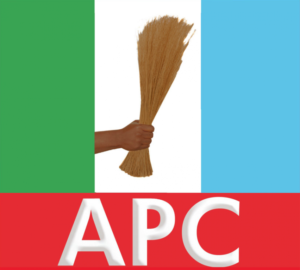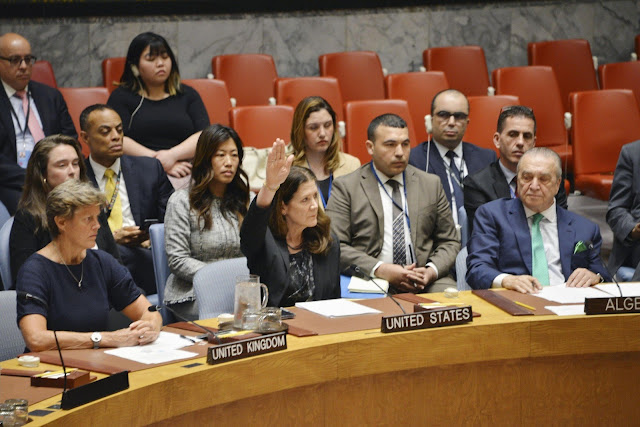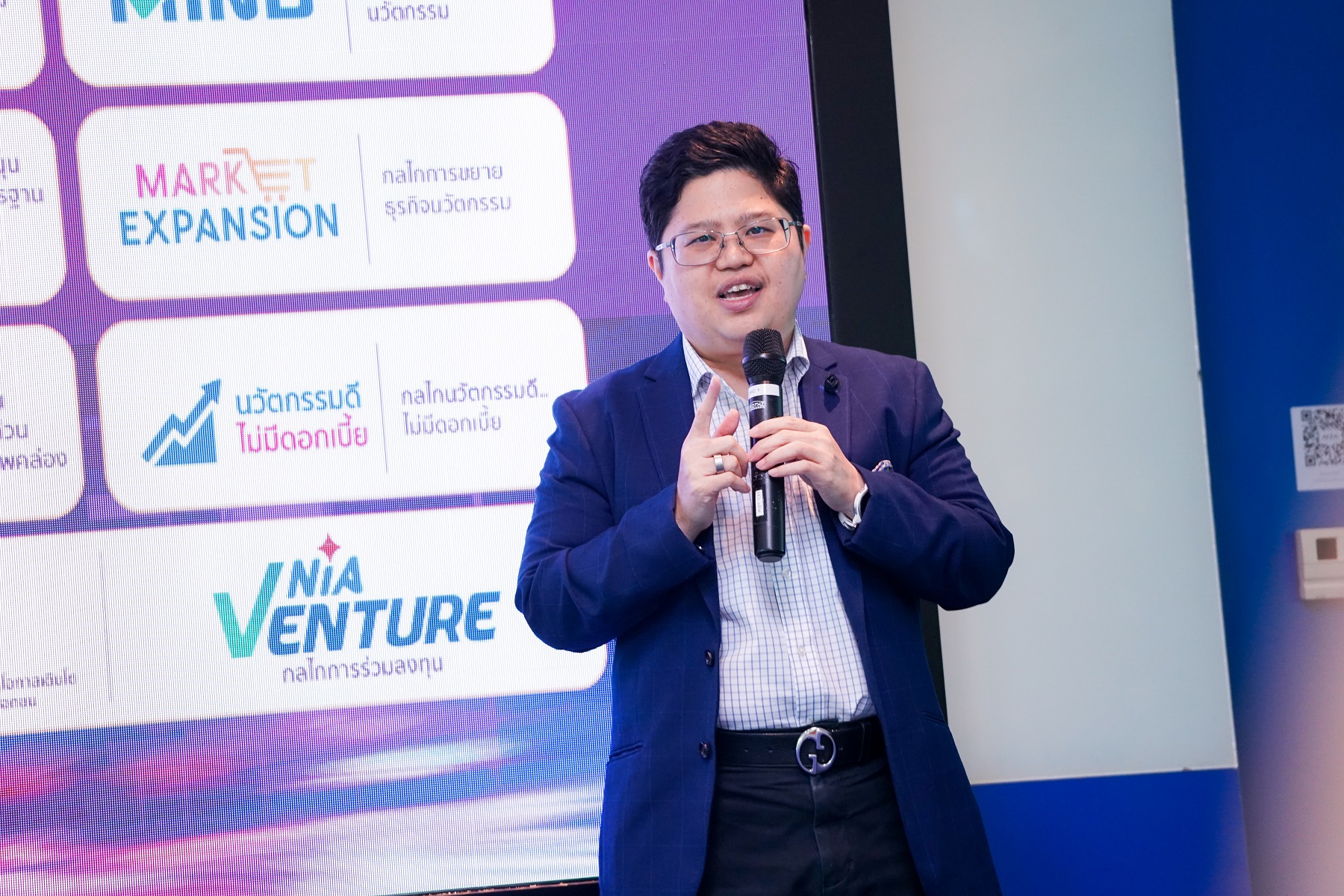In a significant development that underscores the All Progressives Congress (APC)’s commitment to internal democracy, the party’s National Organising Secretary, Hon. Suleiman Argungu, addressed journalists in Abuja on Wednesday, August 27, 2025, to clarify the APC’s stance on its presidential nomination process for the 2027 general election. Amid a growing wave of endorsements for President Bola Ahmed Tinubu from various party organs, Argungu emphasized that the presidential ticket remains open to all aspirants, ensuring a competitive and transparent nomination process. This announcement comes at a time when speculation about a sealed candidacy for Tinubu has dominated political discourse, fueled by widespread support from governors, state executives, and zonal caucuses across Nigeria’s six geopolitical zones.
The APC’s National Working Committee (NWC), the party’s highest decision-making body, has been vocal in its support for President Tinubu, with endorsements echoing across its structures. However, Argungu’s press briefing sought to dispel notions that these endorsements preclude competition, reaffirming the party’s commitment to fairness and inclusivity. The announcement also highlighted the APC’s recent electoral successes and its strategic balancing act between fostering internal democracy and consolidating support for the incumbent president. As the party gears up for the 2027 elections, this development sets the stage for a dynamic and competitive nomination process, with far-reaching implications for Nigeria’s political landscape.
Clarifying the Nomination Process
During the press briefing, Hon. Suleiman Argungu addressed concerns that the APC’s overwhelming endorsements of President Tinubu had effectively locked out other aspirants. He clarified that while the NWC, governors, state executives, and zonal caucuses have expressed strong support for Tinubu, the party remains committed to a democratic and open nomination process. “It will be the wish of the party, and we, the NWC of the party, have already endorsed President Tinubu as the next presidential candidate of the party. And by extension, other organs have equally done the same thing. Governors in the states have done the same too. It has also been replicated in all six geographical zones of the country. But it does not mean that the door is closed,” Argungu stated emphatically.
This statement is a clear signal that the APC intends to maintain its tradition of internal democracy, even as it navigates the complexities of supporting an incumbent president. Argungu further assured that the party would publish a detailed timetable for the nomination process in due course, ensuring that all aspirants have equal access to nomination forms and the opportunity to participate in the party’s convention. This commitment to transparency is intended to reassure potential contenders that the APC will not stifle competition, despite the strong momentum behind Tinubu’s candidacy.
The Organising Secretary’s remarks also addressed the long-standing political tradition in Nigeria, where incumbent presidents often enjoy a “right of first refusal” for their party’s ticket. While this practice has historically favored sitting presidents, Argungu emphasized that it does not eliminate the possibility of competition. The APC’s leadership is keen to avoid perceptions of imposing a candidate, which could alienate party members and undermine its democratic credentials. By pledging to print multiple nomination forms for the convention, the party is signaling its readiness to accommodate all aspirants who wish to contest the presidential ticket.
The Wave of Endorsements for Tinubu
The APC’s endorsements of President Tinubu have been a prominent feature of the party’s activities in recent months. These endorsements, often symbolized by the raising of the party’s signature broom during ceremonies, reflect a strong push for continuity and loyalty to Tinubu’s leadership. Governors from APC-controlled states, state executives, and zonal caucuses across Nigeria’s six geopolitical zones have publicly declared their support for Tinubu, citing his transformative policies and commitment to Nigeria’s progress under the Renewed Hope Agenda.
The endorsements have sparked speculation that the APC is moving toward a de facto anointment of Tinubu as its candidate for 2027. However, Argungu’s clarification underscores the party’s determination to balance these expressions of loyalty with its commitment to internal democracy. The broom-raising ceremonies, while symbolic of unity and support for Tinubu, are not intended to foreclose the nomination process. Instead, they serve to galvanize the party’s base and project a united front as the APC prepares for the challenges of the 2027 elections.
The endorsements also reflect the APC’s confidence in Tinubu’s leadership. Since assuming office, President Tinubu has implemented bold economic reforms aimed at addressing Nigeria’s longstanding challenges, including infrastructure deficits, economic diversification, and security concerns. The Renewed Hope Agenda, which serves as the cornerstone of his administration, has been lauded by party faithful for its focus on sustainable development, job creation, and social welfare. The APC’s leadership believes that Tinubu’s track record positions him as the strongest candidate to lead the party to victory in 2027.
Balancing Internal Democracy and Tinubu’s Dominance
The APC now faces a delicate balancing act as it seeks to champion internal democracy while consolidating Tinubu’s dominance within the party. The overwhelming support for the president has created a perception of inevitability around his candidacy, which could discourage potential challengers. However, Argungu’s remarks indicate that the party is acutely aware of the need to maintain a level playing field to preserve its credibility and unity.
The NWC’s commitment to a competitive nomination process is a strategic move to ensure that the APC remains a broad-based party capable of accommodating diverse interests. By keeping the door open to all aspirants, the party aims to prevent internal divisions that could weaken its electoral prospects. At the same time, the APC’s machinery is heavily aligned behind Tinubu, with its structures actively mobilizing to ensure his success. This dual approach—fostering competition while consolidating support for the incumbent—requires careful navigation to avoid alienating any faction within the party.
The APC’s leadership is also mindful of the broader political context. With opposition parties gearing up for the 2027 elections, the APC cannot afford to appear divided or undemocratic. A transparent and inclusive nomination process will strengthen the party’s position as Nigeria’s leading political force and enhance its appeal to voters. By emphasizing fairness and accessibility, the APC hopes to project an image of a party that values democratic principles while rallying behind a proven leader.
Recent Electoral Successes Bolster APC’s Confidence
During the press briefing, Argungu highlighted the APC’s recent successes in by-elections across 12 states as evidence of the party’s growing national appeal. These victories, he argued, are a testament to Nigerians’ confidence in the APC’s leadership and its ability to deliver purposeful governance. “These victories are not just statistics; they are a reaffirmation of the trust Nigerians continue to place in the APC. They demonstrate the strength, resilience, and growing acceptance of our party nationwide. They reflect the belief of the Nigerian people in our capacity to deliver purposeful leadership and good governance,” Argungu stated.
The by-election successes have bolstered the APC’s confidence as it prepares for the 2027 elections. The party views these wins as an indication of its ability to mobilize grassroots support and compete effectively across diverse regions of the country. The victories also underscore the effectiveness of the APC’s organizational strategies and its ability to connect with voters on issues that matter to them.
These electoral achievements have further strengthened the party’s resolve to rally behind President Tinubu. The APC believes that its recent successes are a direct result of Tinubu’s leadership and the policies implemented under his administration. By highlighting these victories, the party aims to build momentum and reinforce its narrative of being the preferred choice for Nigerians seeking progress and stability.
The Road to 2027: Challenges and Opportunities
As the APC prepares for the 2027 general elections, it faces both challenges and opportunities. The party’s commitment to a competitive nomination process is a positive step toward maintaining internal cohesion and fostering inclusivity. However, managing the expectations of aspirants while sustaining the momentum behind Tinubu will require deft political maneuvering. The APC must ensure that its nomination process is perceived as credible and transparent to avoid accusations of favoritism or manipulation.
The party also faces the challenge of addressing Nigeria’s pressing issues, including economic hardship, insecurity, and infrastructure deficits. While Tinubu’s administration has made strides in these areas, the APC must continue to deliver tangible results to maintain public support. The Renewed Hope Agenda provides a framework for addressing these challenges, but its success will depend on effective implementation and communication with the electorate.
On the opportunity front, the APC’s strong organizational structure and recent electoral successes position it as a formidable force in Nigerian politics. The party’s ability to mobilize support across Nigeria’s six geopolitical zones gives it a significant advantage over its rivals. By leveraging its achievements and maintaining a united front, the APC can consolidate its dominance and secure a strong mandate in 2027.
Conclusion
The APC’s affirmation of a competitive nomination process for the 2027 presidential ticket is a testament to its commitment to internal democracy and inclusivity. While the party has thrown its weight behind President Bola Ahmed Tinubu, it has made it clear that the door remains open to all aspirants, ensuring a transparent and fair process. Hon. Suleiman Argungu’s remarks underscore the APC’s strategic approach to balancing loyalty to the incumbent with the need to foster competition and unity.
The wave of endorsements for Tinubu reflects the party’s confidence in his leadership and the transformative impact of the Renewed Hope Agenda. At the same time, the APC’s recent by-election successes demonstrate its growing appeal and organizational strength. As the party prepares for the 2027 elections, it must navigate the challenges of maintaining internal cohesion, addressing national issues, and sustaining public trust.
By committing to a credible and competitive nomination process, the APC is positioning itself as a party that values democratic principles while rallying behind a proven leader. With a clear vision, a united front, and a commitment to good governance, the APC is well-poised to achieve a resounding victory in the 2027 general elections, solidifying its position as Nigeria’s leading political force.






